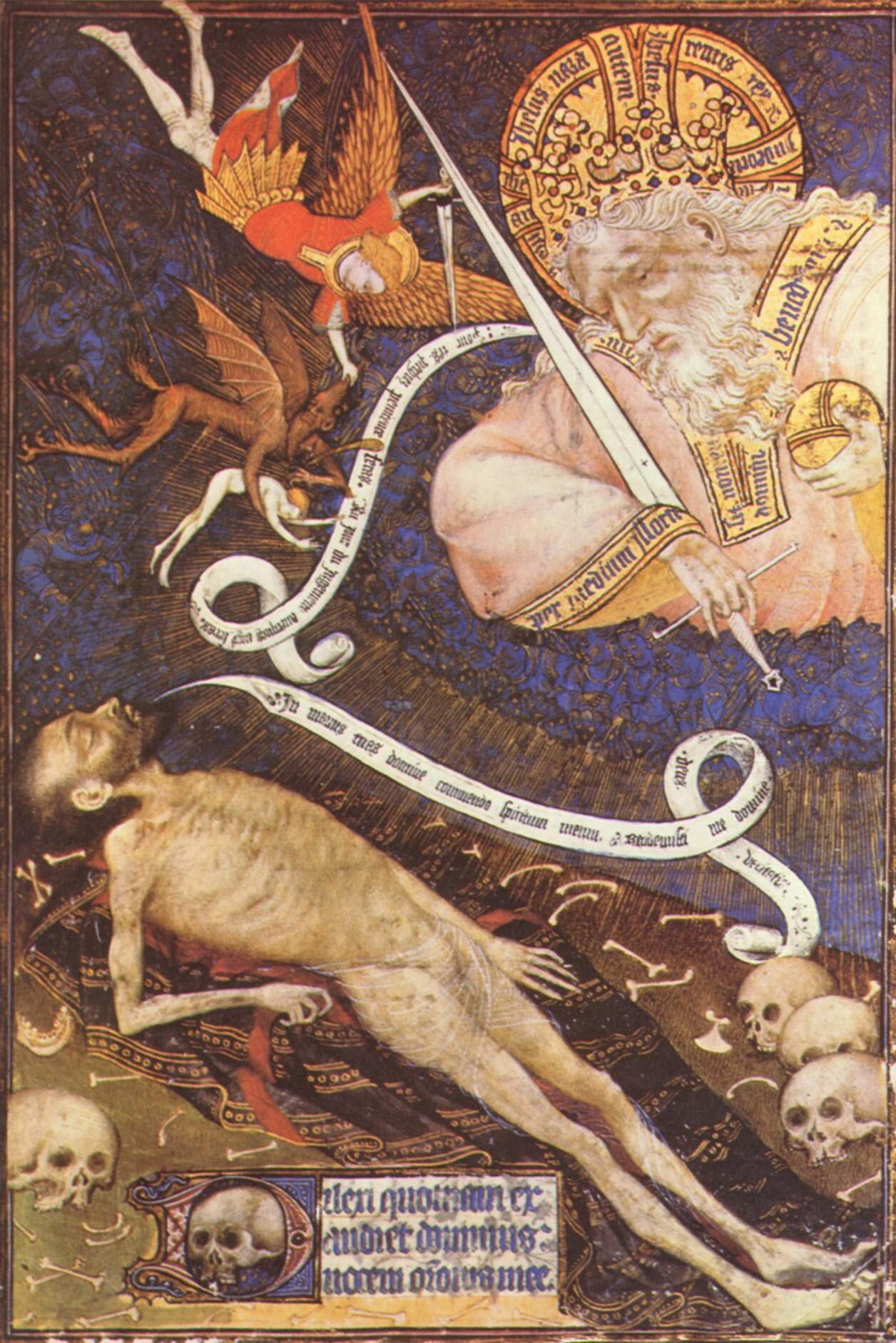The Frenzy of Fever

"Delirious" is one of those words that people throw around a lot without always knowing exactly what it means.
Dr. Eric Lis is a physician, gamer, and author of the Skirmisher Publishing LLC sourcebook, Insults & Injuries.
"Delirious" is one of those words that people throw around a lot without always knowing exactly what it means.
Delirium is probably among the most common medical conditions of the modern world. At some point in their lives a significant percentage of all people, possibly even a majority, will experience a period of delirium. That being said, delirium isn't actually a disease or a disorder, in and of itself. Rather, delirium is best thought of as a symptom of something else happening in the body, and it's in this sense, as both a sign of and a result of some other sickness, that it's useful to us as storytellers. Knowing how to include delirium in a scene can add, not merely verisimilitude, but also a good bit of confusion and horror for the players.
Before I give you the medical definition of delirium, let me give you one you'll find more interesting: the definition from the classic OGL system reference document, although interestingly, not in the analogous documentation for Pathfinder. Under the variant campaign rules for sanity, the SRD defines delirium as "a reversible syndrome of bewilderment, restlessness, confusion, and disorientation, associated with fear and hallucinations, all caused by some underlying medical condition." Quite honestly, after all my years of medical and mental health education, I couldn't have put it better. In OGL terms, a delirious creature looks much the same as a Confused one, although is usually in no shape to actually attack anyone. When a person is terribly ill, usually with a severe fever or following a major surgery, a certain percentage of people will become delirious. A delirium can be very scary both for the victim and for witnesses. Classically, people may develop several problems. Most classically, we observe a fluctuating level of consciousness, meaning that the person slips from being wide awake to confused and sleepy without warning, often falling asleep in the middle of conversations. People become disoriented, meaning that they may not be able to tell you the date, the day, where they are, who you are, or even who they are. Not infrequently, a delirium will cause severe paranoia, which can lead people to believe that nurses or family members want to kill them. A delirium is also one of the very few illnesses where people can experience visual hallucinations, classically seeing ominous and terrifying figures or frightening animals (in my career, I've seen no less than three people who believed that they had seen Satan standing over their hospitals beds; none of them were religious and they all recognized the experience as ridiculous after recovering). Generally, a person in the throes a delirium has no insight into the fact that their behaviour is odd, and they may believe incredibly outlandish and horrific things until they come back to themselves. Fortunately, by definition, a delirium is reversible, and if the fever or the overdose of pain medication or the severe sleep deprivation (often all of the above) is corrected, then the person returns to normal within a few days. Unfortunately, particularly in the elderly, a certain percentage of people will never quite recover from the delirium and may never regain full functioning; this is usually seen in people who had signs of advanced dementia even before the delirium.
How can you use delirium in your games? There are a few possibilities. First, a delirious NPC can be a simple and effective way to make your players unsure of what the heck is happening. When most players in a fantasy campaign encounter a raving, screaming man who tells them that they're surrounded by invisible demons only he can see, your players are unlikely to leap to the conclusion that he's suffering from pneumonia. With very little effort, a storyteller can get a party running around performing exorcisms and casting all manner of spells to sanctify an area before they catch on to what's happening. Alternately, if the characters are in a setting where they don't have access to healing magic, a character becoming delirious may put the fear of Hippocrates into your party. A character should only become delirious if severely ill; any illness that causes less than the Nauseated condition or severe ability damage is unlikely to cause delirium, especially in a healthy young adventurer. Lastly, since delirium occurs as a result of illness, a storyteller might rule that a cleric casting Contagion is able to cause delirium, essentially affecting a creature with the Confused status effect until they receive medical care or healing magic.
More than four years ago, Dr. Eris Lis, M.D., began writing a series of brilliant and informative posts on RPGs through the eyes of a medical professional, and this is the one that appeared here on July 6, 2014. Lis is a physician, gamer, and author of the Skirmisher Publishing LLC OGL sourcebook Insults & Injuries, which is also available for the Pathfinder RPG system.






